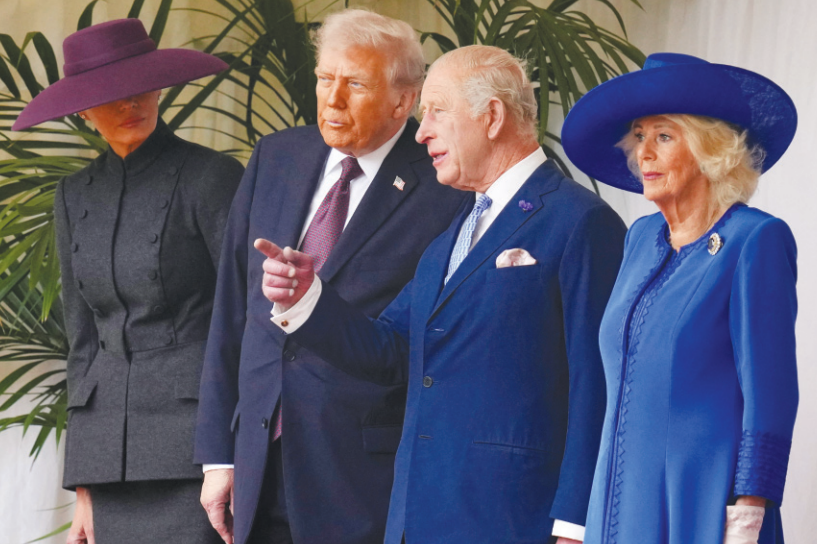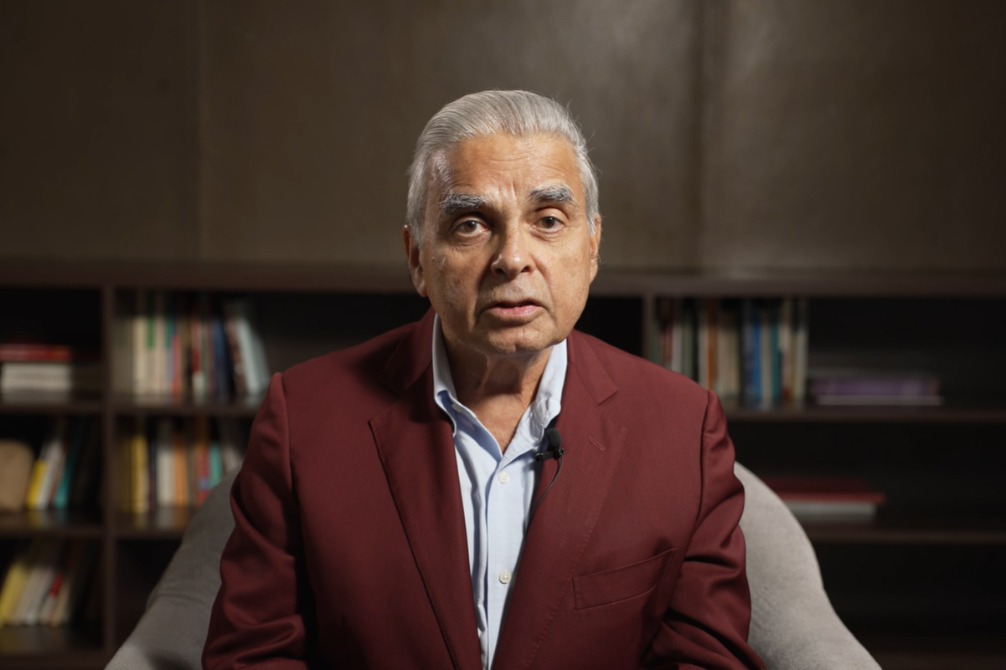EU proposes suspending trade relations with Israel
Bloc also mulls sanctions on officials amid rising casualties


BRUSSELS — The European Union on Wednesday proposed curbing trade ties with Israel and sanctioning ministers in its strongest action over the conflict in Gaza, though reluctance from key member states risks blocking the adoption of the measures.
The bloc's executive body, however, said it would take immediate action by freezing some 20 million euros ($23.7 million) in bilateral support for Israel.
The move from the European Commission comes as pressure has mounted on the 27-nation EU to take action against Israel over its devastating, nearly two-year-long offensive in Gaza.
"The horrific events taking place in Gaza on a daily basis must stop," European Commission President Ursula von der Leyen said. "There needs to be an immediate ceasefire, unrestrained access for all humanitarian aid, and the release of all hostages held by Hamas."
Under its new proposals, the EU is pressing for suspension of parts of a cooperation deal with Israel that allow for reduced tariffs on goods coming from the country.
Officials say that would affect more than one-third of Israel's exports to the EU, worth around 6 billion euros ($7.11 billion), including key agricultural products such as dates and nuts.
The commission also called for asset freezes and visa bans on far-right Israeli ministers Itamar Ben Gvir and Bezalel Smotrich, whose "extremist" rhetoric is blamed for fueling the violence.
Those measures — initially floated by von der Leyen in a keynote speech last week — represent the firmest attempt by the EU chief to pressure Israel.
"Today marks a critical turning point in holding Israel accountable," said Ireland's Foreign Minister Simon Harris.
However, opposition from key member states, especially Germany and Italy, means the measures will struggle to gain the backing of enough EU countries to pass.
That reluctance has already stalled a softer proposal to cut funding to Israeli technology startups, much to the ire of a raft of EU countries demanding action.
The European Commission, however, can decide on its own to freeze bilateral support.
Israel has already urged the EU against pushing on with the proposals. "Pressure through sanctions will not work," Israeli Foreign Minister Gideon Saar wrote in a letter to von der Leyen.
EU foreign policy chief Kaja Kallas insisted "the aim is not to punish Israel", but to try to improve the humanitarian situation in Gaza.
Saar on Wednesday warned the EU against taking action against Israel.
"The recommendations of the college of Commissioners led by President von der Leyen are morally and politically distorted," Saar wrote on X. "Moves against Israel will harm Europe's own interests."
The push for action within the EU comes as Israel has drawn fresh international condemnation by launching a major ground assault against Gaza City.
The military said on Wednesday it was opening an additional route for 48 hours that Palestinians could use to leave the Gaza Strip's largest urban center.
Hundreds of thousands of people are sheltering in the city. Many are reluctant to follow Israel's orders to move south because of the dangers along the way, dire conditions, lack of food in the southern area, and fear of permanent displacement.
"Even if we want to leave Gaza City, is there any guarantee we would be able to come back? Will the war ever end?" Ahmed, a school teacher, said by phone. "That's why I prefer to die here, in Sabra, my neighborhood."
At least 40 people were killed across the Gaza Strip on Wednesday in Israel's latest strikes, including 30 in Gaza City, local health authorities said. They also reported a drone attack on a children's hospital, which did not cause casualties but forced young patients and their families outside.
Agencies via Xinhua

































